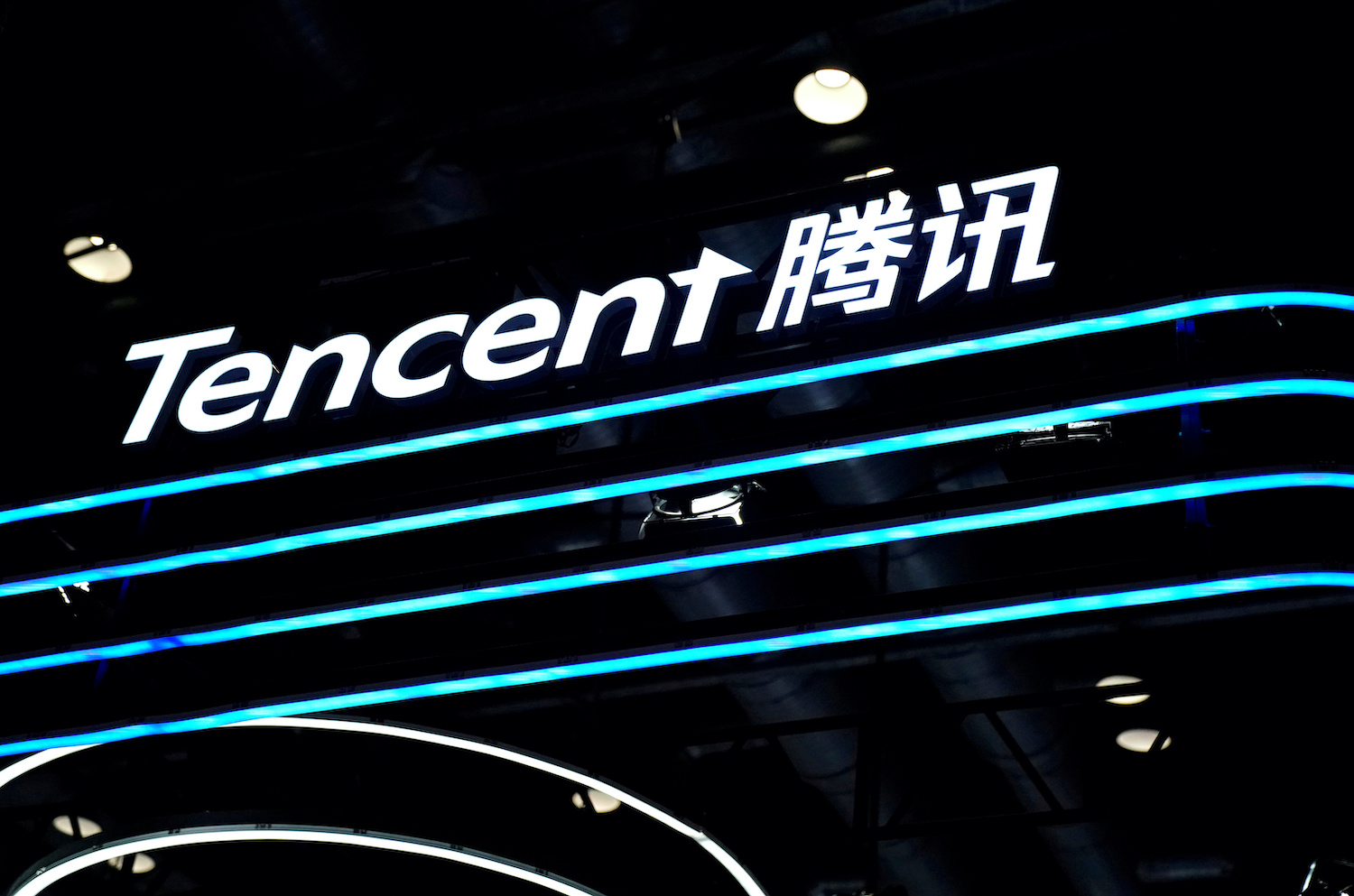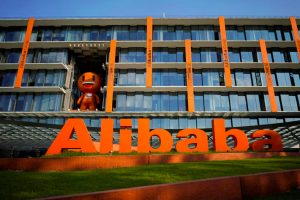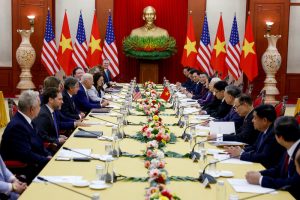(ATF) Tencent issued US$4.15 billion in US dollar bonds on Thursday, in one of the largest US dollar bond issuances in Asia this year.
Final orders for the dollar-denominated bonds were worth $21 billion, it was reported, which allowed it to tighten the pricing of the four-part deal.
Uptake for the bonds was initially sluggish but then improved when the company said it would be ready to repay bonds due on April 27.
Read more: Indian small traders fighting back against Amazon, Walmart-Flipkart
Asia’s most valuable company said in a statement it raised $500 million in a 10-year tranche, $900 million in 20-year debt, $1.75 billion in 30 year and $1 billion in 40-year debt.
According to Sina Finance, the longest issuance of 40-year bonds will be 165 basis points higher than US Treasury bonds.
The enthusiastic response to the Tencent issue contrasted with investor jitters around some state-owned Chinese issuers this week, as the delayed release of China Huarong Asset Management Co’s annual earnings prompted concerns over its ability to repay offshore debt, Reuters reported.
“The book ballooned after the US opened … they’ll rush in like there’s no tomorrow if you price it a little bit wider,” said a Hong Kong-based investor.
BOND PRICING
The bond pricing was set at 25 basis points to 35 basis points lower than the initial price guidance delivered to potential investors when the deal was launched on Thursday.
The 10-year tranche was priced at 130 basis points above US Treasuries and the 20-year was set at 150 basis points. Pricing for the 30-year tranche was 155 basis points and the 40-year was 165 basis points above their benchmark lending rate.
In comparison, Alibaba Group Holding paid between 35 to 50 basis points less than Tencent for cash over the same tenures when it issued $5 billion worth of debt in February.
MARKET POWER
This is all happening as China’s tech giants face unprecedented regulatory crackdowns due to concerns that they have built market power that stifles competition, misused consumer data and violated consumer rights. However, others argue it is more a case of the Party leadership reigning in private business before it gets too powerful.
Tencent’s share price has fallen 18.3% from its January peak so far this year on the back of tighter regulations potentially hurting its future growth prospects. Still, it boasts a market capitalisation of about $765 billion, the most for a listed Asian company.
It raised $6 billion in May last year, when it also issued 40-year debt for the first time.
- Additional reporting by Reuters
























